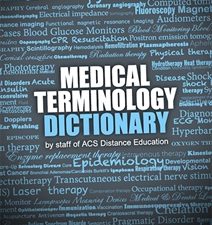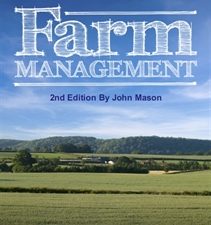Product Description
The Technical Writing ebook has been written for anybody who would like to become a technical writer, add technical writing to their repertoire of skills, or improve their technical writing skills.
Technical Writing is not just limited to scientific or technical documents, is necessary for writing manuals, reports or promotional materials.
Technical writing is different to other forms of writing. Other writing may be primarily designed to tell a story or, in a broad sense, to entertain, inform, educate or communicate; technical writing is more about documenting information as a reference i.e. information that is designed to instruct, explain or direct in a clear and concise manner.
The purpose of technical writing can be as diverse as preparing a document that can be used by the owners of a new machine or device, through to a report or thesis that records the results of a piece of academic research or to simplify more complex information.
Table of Contents
CHAPTER 1 SCOPE AND NATURE OF TECHNICAL WRITING
What Is Involved?
Examples of Technical Writing
Becoming a Technical Writer
What Characterizes Good Technical Writing?
Where and How Technical Writing is Published
Structure
CHAPTER 2 PREPARING TO WRITE
Define the Task
Identify Expectations
Clarify Your Writing Goal
Establish a Time Plan
Technical Writing Procedures
The Role of Logic
Writing Content
Some Essential Writing Skills
Planning Your Writing
The Writing Process
A Writing Routine
Meeting Expectations
Collaborative Writing
A Writer’s Equipment
CHAPTER 3 RESEARCHING YOUR TOPIC
Reasons to Conduct Research
Library and Internet
Evaluate and Select Information
Plagiarism
CHAPTER 4 WAYS TO COMMUNICATE TECHNICAL INFORMATION
Tools for Communicating in Words
Tools for Communicating in Graphics
Illustrations and Captions
Technical Photography
Combining Graphics and Text
The Importance of Captions
Computer Tools and Software
CHAPTER 5 ACADEMIC & BUSINESS CONVENTIONS
Presentation of Assignments
Essays and Reports
Writing Research Papers and Journal Articles
CHAPTER 6 REFERENCING
Referencing Systems
Types of Referencing for Different Tasks
Procedures
Scientific Writing
Proposals
CHAPTER 7 EDITING
Why Edit?
Develop a Sharp Understanding of Ambiguity
Causes of Ambiguity
Meeting Deadlines
Be Concise
Use Grammar and Punctuation Properly
Writing with Clarity
Common Causes of Confusion
Types of Language
The Editing Process
CHAPTER 8 WRITING FOR DIFFERENT PURPOSES
The Audience
Legal Applications
Writing Submissions
Writing Research Reports
Writing Manuals/ Instructions/ Guidelines
APPENDIX





